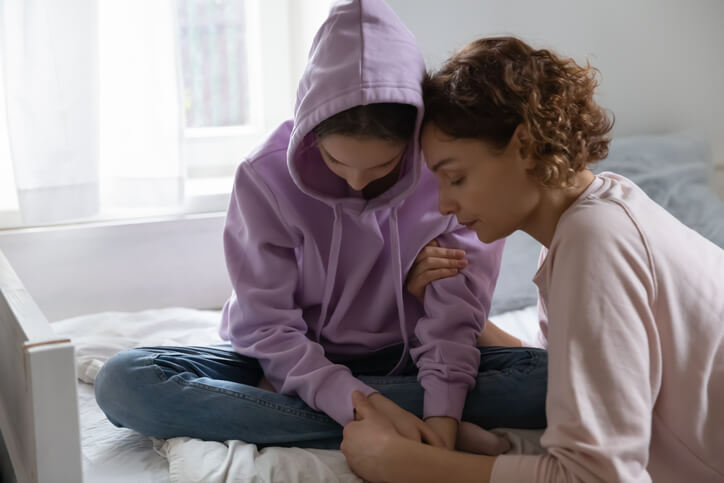When you discover that your child or teen is suffering from substance abuse issues, it can be devastating. But once the dust settles, it becomes obvious that you need help. However, you may not be aware of what kind of help is available. Residential treatment centers get the most press – mostly for residential treatment center abuse allegations. But there are more treatment options out there.
Here is a brief explanation of treatment options, as outlined by the Substance Abuse and Mental Health Services Administration (SAMHSA).
Types of Treatment for Substance Abuse in Utah
1. Inpatient Treatment
This type of treatment includes both detoxification and rehabilitation services. Although less common than it used to be, inpatient treatment is still available at some hospitals and medical clinics. There are some situations where adolescents can benefit from the structure of inpatient treatment to determine the exact nature of their issues.
2. Residential Programs
These are the most well-known types of programs. They are rehabilitative programs that require the patient to live at the treatment center for months or even a year or more. According to SAMHSA, these programs are best for individuals who do not have stable living situations or family support.
3. Partial Hospitalization
These programs are offered at hospitals and some clinics. They include treatment that lasts for 4 to 8 hours a day and for 3 months or more. They are better for patients who have a stable home life and family support.
4. Outpatient Programs
Outpatient programs also require patients to attend treatment at a facility and live at home. They are offered at more locations, though. You can often find outpatient programs at community mental health clinics. You can also find them at local health department offices and residential treatment centers with outpatient programs.
There are also intensive outpatient programs that are more demanding. They require the individual to participate in 9 to 20 hours of treatment a week.
5. Opioid Treatment Programs
These programs are often referred to as methadone clinics. They help those that are opioid-dependent by providing medically assisted therapies. They are designed for adults.
Residential Treatment – Not Always Necessary
Every adolescent and teen with substance abuse issues is different. Some doctors may decide that a young person needs residential treatment. Fortunately, many can recover using some of the other options listed above. Residential treatment not always required. In some circumstances these centers can abuse young patients.
Helping Residential Treatment Center Abuse Victims in Utah
Residential treatment center abuse is more common than it should be. It can include mental, physical, and emotional abuse. It’s important to notify the authorities if you have experienced abuse or your loved one has. However, we also encourage you to contact our firm
We help abuse victims and their families hold abusers accountable. Our firm has a passion for pursuing residential treatment center abuse cases. If you have suffered abuse or your loved one has been abused, please contact us. Call us at (801) 845-4577 or fill out our secure online contact form to learn more.


